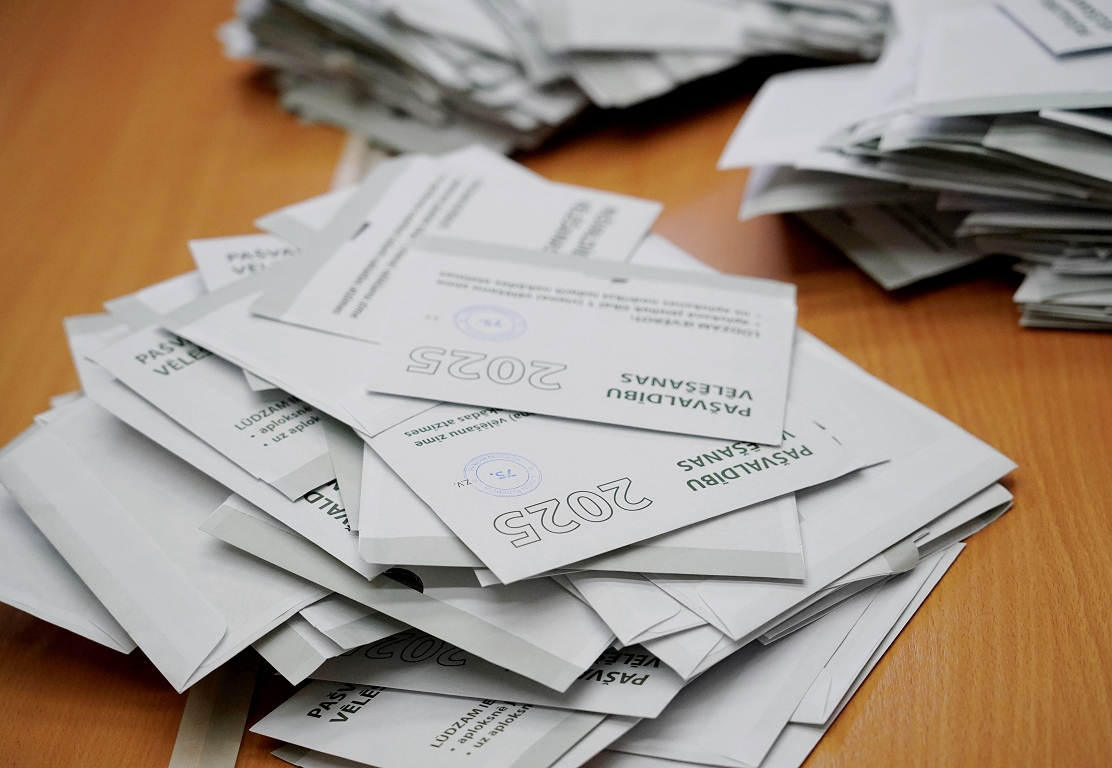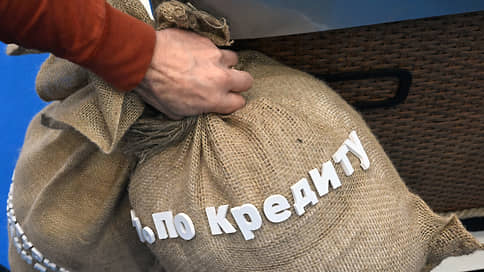Donald Trump wants fed boss Jerome Powell to do what he says, but he doesn’t bite through for the time being
/s3/static.nrc.nl/images/gn4/data131204157-3200da.jpg)
You will be told: you are always too late. You don’t do your work well. You are also a total loser. Your departure cannot come fast enough. And if the president would ask you to leave, you would do that.
The statements above are about Jerome Powell, chairman of the American system of central banks, the Federal Reserve. And the above statements have been made in recent days by Donald Trump, who suggests that he wants to end up to Powell’s presidency all the time. Trump believes that the Fed should also be in line. His economic policy of import duties and trade wars needs interest rates, he believes. « The interest must be reduced, it is the perfect time for it. »
Trumps pressure on the Fed did not go unnoticed. On Monday, the stock markets made a dive, after Trumps had said economic adviser Kevin Hassett on Friday that the government will continue to study or Powell can be fired. And just as with the introduction of import duties earlier this month, not only the shares, but also the US government bonds and the dollars fell. The message of the markets: whoever gets the independence of the FED plays the United States in an economic disorder.
On Tuesday evening Dutch time, the financial markets appeared to have the upper hand for the second time in a short time. Trump suddenly told journalists that he « does not intend to fire him. » The press had gained it, the president said. The markets calm immediately. The immediate threat of a dismissal of the most important central banker in the world seems to have passed.
Independent banks
The independent position of central banks is one of the foundations under the global economy. Centralbankiers determine independently of politics which monetary policy they consider to be necessary to help the economy as well as possible. The European Central Bank only looks at inflation: it must be on or around 2 percent. If inflation is too high, the interest rate is increased to inhibit the economy (borrowing money and investing becomes more expensive). If inflation is too low, the interest rate will go down to boost the economy. The Fed does the same in the US, but also looks at employment.
The state of the US economy justifies the current interest rate between 4.25 and 4.5 percent in the US. Inflation is still on the high side at 2.7 percent, and the inflation expectation as a result of Trumps taxes is ‘upwards’, as it is called. The taxes make life in the US more expensive, which can further boost inflation. The fact that Powell does not make much point to lower interest rates is therefore economically justified.
But Trumps political wishes relate to economic reality, it turned out earlier. The question is how far he wants to go. Does he leave it at verbal pressure, or does he like a list to get rid of Powell?
Powell does not shrink
Powell was already successful in Trumps first term. And even now he does not shrink: the FED leader said last week that a dismissal « is not allowed by law ». And that’s right. The independent position of the boss of the Fed was laid down in 1913 in the Federal Reserve Act, in section 10 to be precise. It states that board members of the FED are appointed and then can only be relieved of their office by the president « For Cause« , So only with an important reason.
That reason is not described further, but it has been clarified through case law. William Humphrey, one of the members of the Fed trade committee under President Franklin Roosevelt, was fired by the President in 1933. He fought his resignation, but died before the Supreme Court came to a statement. He did, however, be posthumously (via his executor) from America’s highest judge in a judgment that was registered as if Humphrey’s Executor V United States. The president should not have fired him. For decades, this statement was an extra barrier for presidents to dismiss directors of independent government bodies.
Under Trump is ‘Humphrey’s executor’ under heavy pressure. Without giving reasons, the president wanted to get rid of both chairman Cathy Harris of the Merit System Protection Board (an organization that protects the rights of federal employees) and chairman Gwynne Wilcox of the National Labor Relations Board (who protects employees in the private sector who want to unite through a trade union). That was successfully challenged at lower courts: Trump went beyond his book. The president did not agree and asked for an emergency ruling from the Supreme Court. Trump still wants to be given the right to dismiss these federal supervisors.
The case is still hanging, but it is far from certain that the Supreme Court will maintain the judgments of the lower judges. The Court is mostly republican and has already boarded Trumps side when it was about the degree of immunity of presidents. If the Court opens the door for the dismissal of these two supervisors, that is the possible death blow for ‘Humphrey’s executor’, said professor of Law at the University of Virginina Saikrishna Prakash earlier against The Economist.
Shadow chairman
Even if Trump speaks the truth with his retreating movement on Tuesday evening and Powell really does not want to dismiss, the danger to the independent position of the Fed has not yet passed. Permanent political pressure in this case A desired interest rate reduction detracts from whatever the FED will decide at the upcoming interest rate decisions. If Powell leaves the interest unchanged, then that is a political act of resistance. If he lowers interest, he bends for Trump. Anyway, the prestige is damaged.
In this way, the president is already affecting the stature of the Fed. And that is apart from the earlier threat to – as long as Powell is still the boss – to appoint a shadow chairman who must follow Powell in the long term. Each interest rate decision of the FED will therefore be assessed by the new shadow man or woman of Trump -Huize. That would be the Fed to one lame duck to make.
Powell’s second and final term will end in May next year. Then Trump can appoint a new chairman of the Fed anyway. The question is whether he can wait for this if his own trade policy really starts to affect the economy. Last Monday’s test in the markets offers some hope for the financial system: if Trump continues, the chaos cannot be foreseen. Perhaps that Trump eventually stops being too rigid to intervene at the Fed.

/s3/static.nrc.nl/wp-content/uploads/2025/06/08235751/ANP-529588170.jpg)
/s3/static.nrc.nl/images/gn4/stripped/data133399241-6ad92c.jpg|https://images.nrc.nl/ncsa3XBKuETlGYg_Wlr8cfgTTw0=/1920x/filters:no_upscale()/s3/static.nrc.nl/images/gn4/stripped/data133399241-6ad92c.jpg|https://images.nrc.nl/W4xDTlHc4KrgbA-HSnxicjrFiok=/5760x/filters:no_upscale()/s3/static.nrc.nl/images/gn4/stripped/data133399241-6ad92c.jpg)
/s3/static.nrc.nl/images/gn4/stripped/data133397414-025eb4.jpg|https://images.nrc.nl/JsdtEUV_tJ0-3GGTbIr3__hsEqU=/1920x/filters:no_upscale()/s3/static.nrc.nl/images/gn4/stripped/data133397414-025eb4.jpg|https://images.nrc.nl/CXU-MLAgsSWg4TuSisudmDxT7ec=/5760x/filters:no_upscale()/s3/static.nrc.nl/images/gn4/stripped/data133397414-025eb4.jpg)




